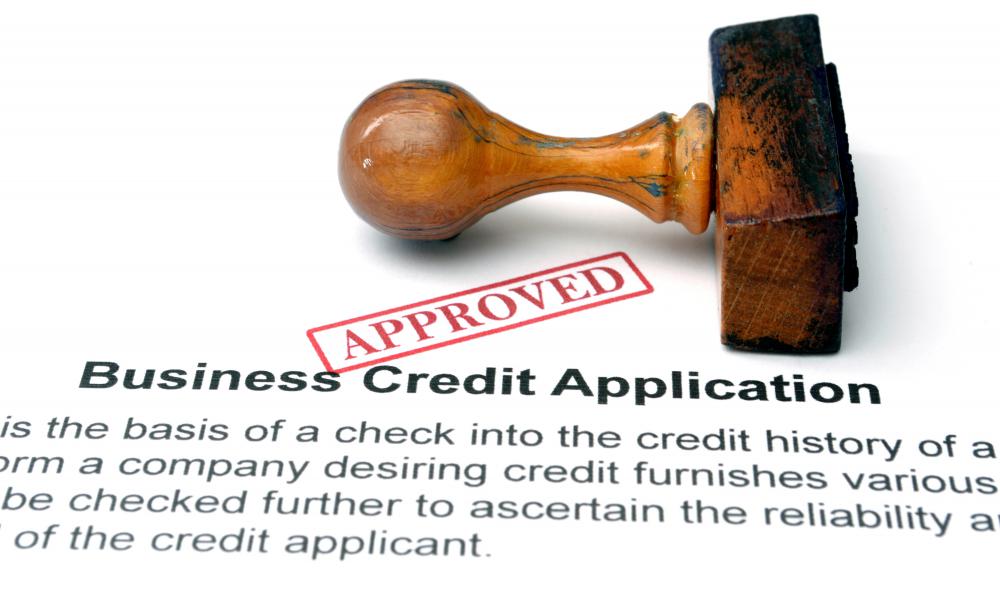At SmartCapitalMind, we're committed to delivering accurate, trustworthy information. Our expert-authored content is rigorously fact-checked and sourced from credible authorities. Discover how we uphold the highest standards in providing you with reliable knowledge.
What Is Involved in Underwriting Commercial Loans?
The process of underwriting commercial loans varies depending on the businesses seeking the loan and the lenders themselves. It is a common practice in today’s business environment. If a person wishes to start or expand a business, then he will likely have to take out a commercial loan in order to cover his costs. A lender will underwrite the loan, assessing the risk taken, and give the business owner some if not all of the money that he requires.
Underwriting commercial loans involves evaluating the credit rating of the individual requesting the loan and comparing it with the amount of income he expects to receive during a set amount of time. The profit margin of the business will be estimated and taken into account, as will the borrower's credit rating. The amount of debt owed to the lender compared with the estimated amount of profits the business expects is called the debt service to coverage ratio (DSCR). These are major considerations for the lender.

It can be difficult to make an educated guess about the potential profit margin of a loan-seeking business. Commercial underwriters must take many outside factors into account. Most important would be the amount of money required to make the business reach its profit potential. Then, the net operating income would be considered. This might include the amount of money required to rent a storefront, or other physical business location, the cost of bringing it up to code, any necessary taxes and insurance, and the cost of staffing.

Other factors to be considered when underwriting commercial loans would include the demand for the product or service the business supplies, and the proposed location of the business and/or its means of distributing services. In addition, the underwriter will take into account the cost of advertising; the amount of time required to have the business up and running; the status of competitors, and more. Loan underwriters consider all of these and use the information they gather to determine the DSCR. If the DSCR is too high, then the lender is unlikely to underwrite the loan. A high DSCR would mean that the lender is unable to make a large enough profit to make the investment worthwhile.

When most lenders consider underwriting commercial loans for a business to purchase more property, it is unlikely that they will loan the business the entire amount. The rest is usually covered by the business. The amount a business is expected to cover varies with the type of business and building in question. Restaurants generally receive the least, while retail establishments and owner-occupied buildings receive more coverage.

Due to the high costs of starting up a business, and the need for businesses to expand occasionally, the process of underwriting commercial loans is a business in itself. It requires knowledge of the business world and expert risk estimation skills. Though it is a tedious process for owners of expanding businesses, it is not unmanageable for an entrepreneur with a marketable idea.
AS FEATURED ON:
AS FEATURED ON:














Discuss this Article
Post your comments